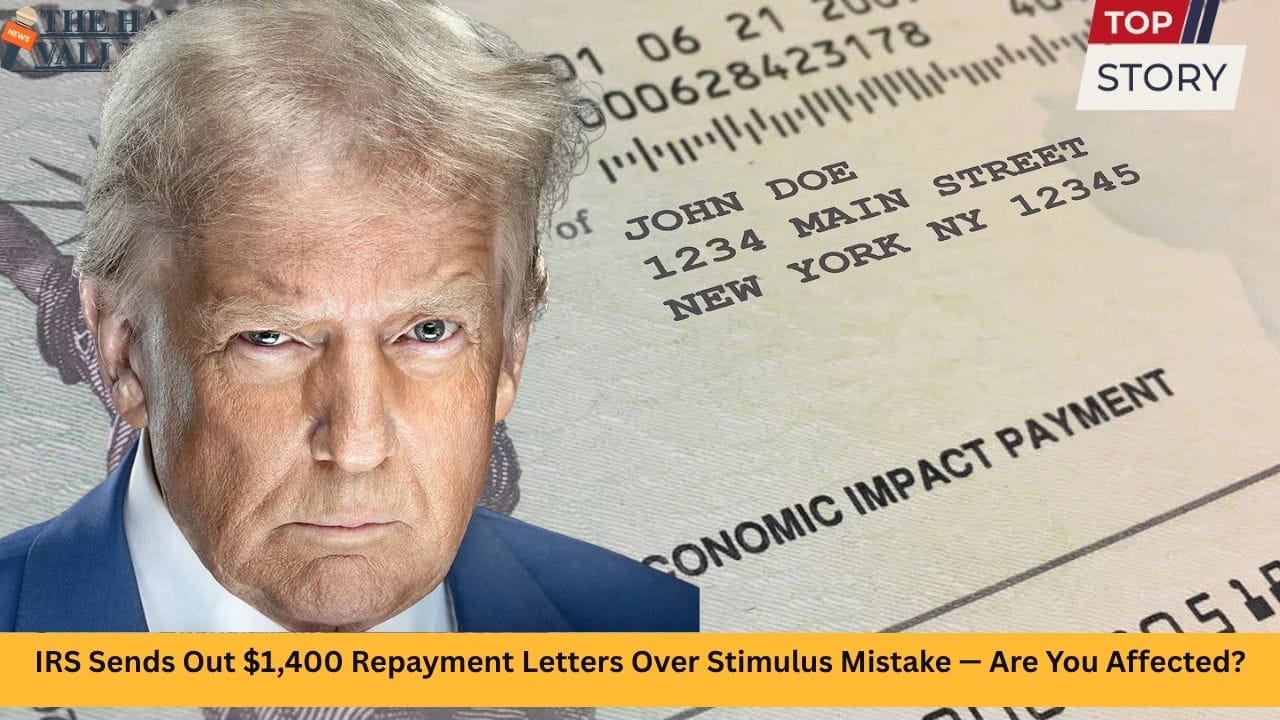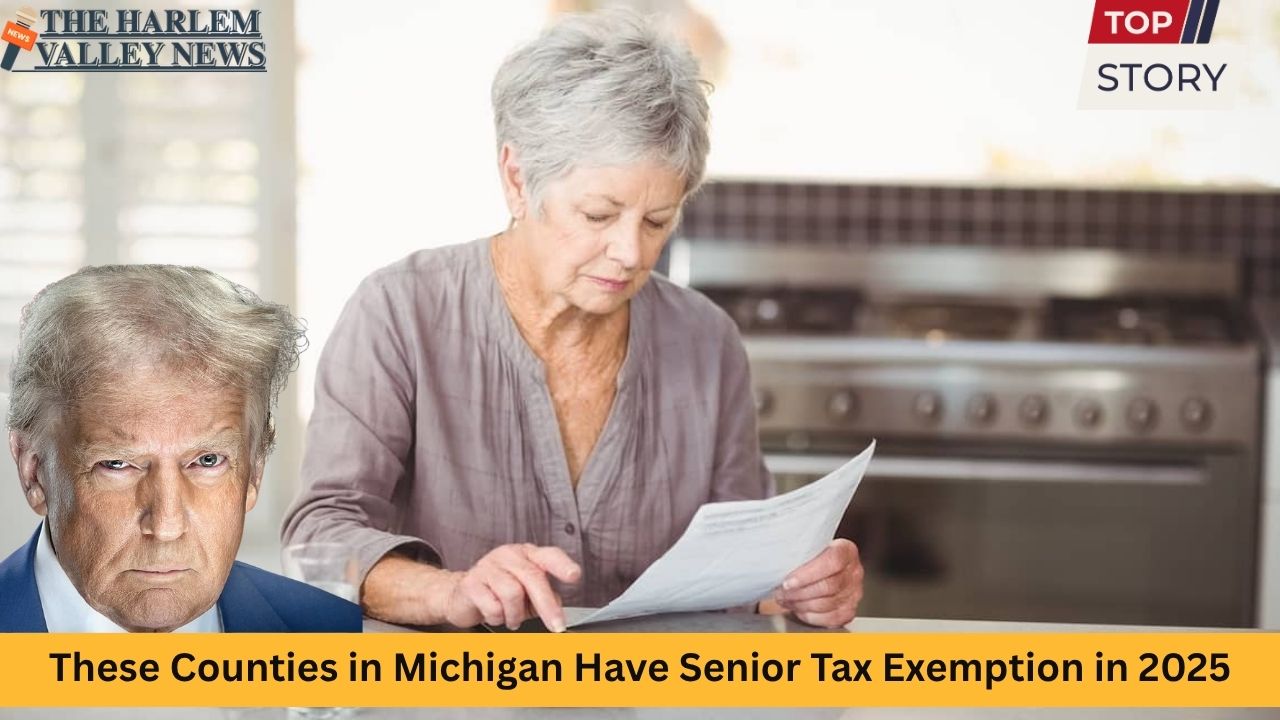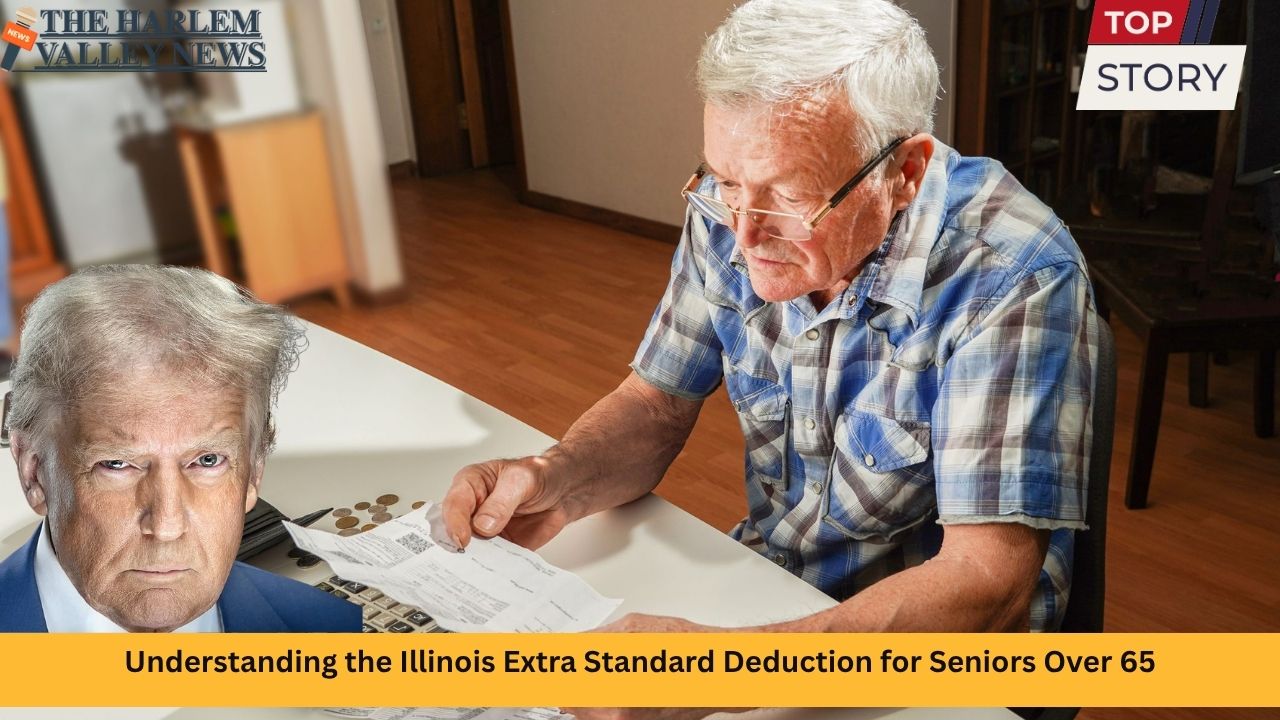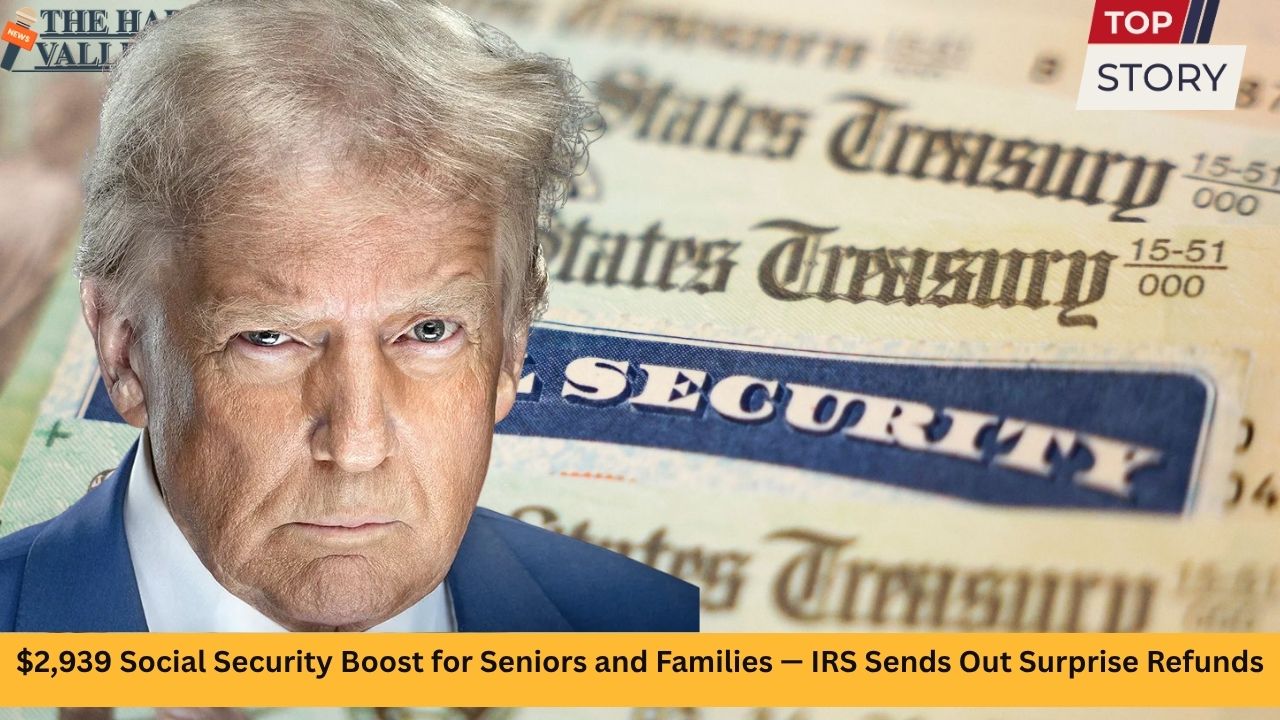In 2025, the Internal Revenue Service (IRS) has come under the national spotlight after issuing thousands of repayment letters to Americans, demanding the return of $1,400 stimulus payments distributed due to an administrative error. This incident has left many taxpayers—from New York City to Los Angeles—confused, anxious, and seeking answers. Let’s dive deep into why these letters are being sent, who is affected, and what to do if you receive one.
Background of the $1,400 Stimulus Payments
The $1,400 stimulus payments originated from the American Rescue Plan passed in 2021, designed to provide direct relief due to COVID-19’s financial impact. Most eligible Americans already received these payments in 2021. However, in an effort to assist those who may have missed out, the IRS conducted a massive outreach, resulting in a new wave of payments in late 2024 and early 2025. The operation aimed at delivering automatic payments to approximately one million taxpayers who did not claim the Recovery Rebate Credit on their 2021 tax returns.
How the Error Occurred
The core of the issue stems from an internal IRS process. When reviewing their records, the IRS discovered that many individuals had filed 2021 returns but failed to claim the Recovery Rebate Credit, which would have entitled them to stimulus funds. The IRS decided to automatically issue payments, believing these taxpayers were eligible. However, some payments were mistakenly sent to:
-
Nonresident aliens who are not entitled to U.S. stimulus money.
-
Individuals who had already received the correct amount in 2021.
-
People filing under old or incorrect data, such as those who had changed their filing status, moved, or even passed away.
-
Residents who filed 1040-NR forms, a commonly used tax form for non-U.S. citizens earning U.S. income.
Cities like Miami, Houston, Chicago, and San Francisco saw numerous cases, as these cities have large populations of recent immigrants and expatriates filing varied tax forms.
The Scope: Cities and Demographics Affected
Reports from Detroit, Atlanta, Seattle, and Dallas highlight a wide urban impact. Large metropolitan areas, known for their economic and demographic diversity, were disproportionately affected. Local tax advisors in Boston noted surges in client calls, with similar patterns observed in Las Vegas and Minneapolis.
Affected demographics include:
-
Immigrants and nonresident aliens incorrectly flagged as eligible.
-
Elderly taxpayers and surviving spouses solicited to return payments sent to deceased family members.
-
Young professionals who filed simple returns yet found themselves the recipients of “surprise” IRS notices.
Many recipients discovered the mistake only months after cashing the check, making the request for repayment even more distressing.
The IRS Response and Repayment Process
The IRS’s repayment letters typically outline that a $1,400 payment was erroneously deposited into your bank account or mailed as a physical check. Surprisingly, the communication has been criticized across the nation for its lack of clarity and completeness. In cities such as Phoenix and Philadelphia, taxpayers report that the letters sometimes contain:
-
No clear instructions on how to return the funds.
-
Unfamiliar or missing return addresses.
-
Confusing zip codes, such as “78740,” that aren’t recognized by the U.S. Postal Service.
-
No information about paying online, as the IRS does not offer a direct online repayment option for this situation.
Residents of Austin and Denver have even reported visiting local IRS offices due to mistrust of the official-looking letters, fearing potential scams.
Authentic IRS Letter vs. Scams
Another layer of confusion involves scams piggybacking on the stimulus repayment debacle. Phishing emails and texts, falsely claiming to be from the IRS and promising $1,400 payments, have emerged nationwide. These scams prey on the urgency and anxiety triggered by legitimate IRS communications—especially for residents in Baltimore, Charlotte, and Nashville.
The IRS reminds taxpayers:
-
They will not ask for sensitive personal information by email, text, or phone.
-
Official correspondence about repayments comes only by postal mail.
-
Never click links or call numbers provided in unsolicited messages regarding stimulus checks.
What To Do If You Receive a Repayment Letter
If you’re in San Diego, Kansas City, or any other city across the United States and receive a letter from the IRS requesting repayment, here’s how to handle it:
-
Verify the Letter’s Authenticity
Visit IRS.gov or call your local IRS office using the number found on the IRS website—not the letter—to confirm the letter is legitimate. -
Review Your Personal Records
Check your 2021 tax return and confirm if you actually qualified for the Recovery Rebate Credit. Compare IRS records (accessible via your online IRS account) with what you’ve received. -
Return the Funds
If repayment is required:-
Mail a check or money order to the IRS using the address provided in the letter.
-
Write the required information (such as your Social Security Number and tax year) on the payment as specified.
-
If in doubt, visit or call your local IRS office in cities like Orlando, Portland, or Cleveland for clarification.
-
-
Keep Good Records
Retain copies of all correspondence and proof of returned payments, should questions arise later. -
Ignore Scam Communications
Remember, the IRS never asks for repayment via phone call, text message, or social media.
Stories from Across the Country
From Reddit and regional news stories, a pattern of frustration emerges from city dwellers in St. Louis, Cincinnati, and Sacramento:
-
Some consumers received their repayment letters after moving, with the IRS using outdated addresses.
-
Others note direct deposits arriving under their old name or marital status.
-
Many share bewilderment about next steps, compounded by local IRS office backlogs and long phone waits.
One Chicago resident shared how their letter arrived weeks after the payment itself, leading to confusion about whether any action was required. A Dallas taxpayer recounts their struggle to find a local IRS branch open for walk-ins, as staff shortages limited support.
The Broader Implications
The IRS error, while unintentional, highlights ongoing challenges with managing massive relief programs across a dynamic, mobile country. The mix of legitimate payments and errors underscores the complexity of administering federal aid in an environment with evolving eligibility and data accuracy requirements.
In metropolitan regions like Los Angeles, New York City, and Houston, residents are advocating for more transparent communication, direct online repayment options, and improved client service for both English and non-English speakers.
Steps the IRS is Taking to Fix the Problem
Realizing the confusion and distress, the IRS has announced efforts to improve their processes. Among these are:
-
Collaborating with tax preparation services in major cities to notify potentially affected citizens.
-
Issuing clarifying statements via press briefings in major media markets such as San Francisco and Philadelphia.
-
Committing to review future mass payments more stringently, with improvements to address verification technology.
Tips for Taxpayers Going Forward
-
Stay vigilant against scams—If in doubt, contact the IRS directly.
-
File your taxes accurately and promptly—especially if you moved, changed your name, or status.
-
Utilize IRS online tools to monitor payments, credits, and correspondence.
-
Consult a tax professional in your city for individualized advice, especially if you receive any questionable payments or letters.
Conclusion
The IRS repayment letters regarding $1,400 stimulus check errors are a sobering example of the challenges in executing relief programs at scale. As the country’s population grows more diverse and mobile, cities from Tampa to San Jose will continue to feel the impact of such missteps unless technological and administrative reforms are implemented. Taxpayers are urged to check their mail, scrutinize IRS communications, and not hesitate to verify any unexpected notices.
The final takeaway: If you get an IRS letter regarding a $1,400 repayment, review your records, stay calm, avoid scams, and get help from trusted professionals. This is a national issue impacting thousands—but with the right steps, it’s one that can be solved.













Leave a Reply